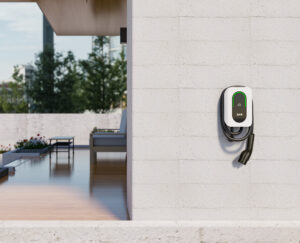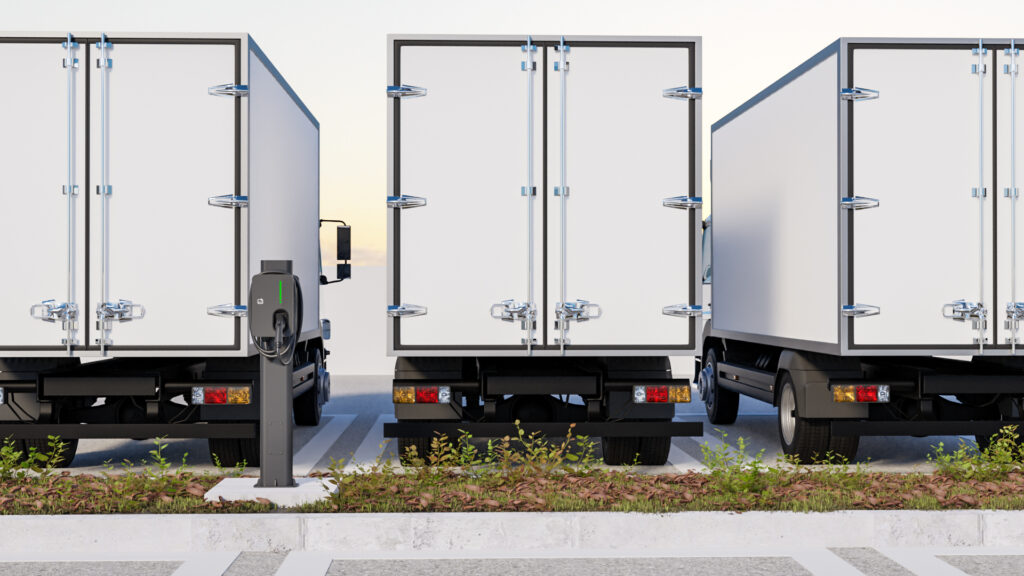
Vehicle-to-Grid (V2G): The Future of EV Charging and a Smarter Energy Grid
Vehicle-to-Grid technology is redefining the role of electric vehicles, turning them into dynamic energy assets that benefit drivers, utilities, and the planet.

As the electric vehicle (EV) market continues to expand, choosing the right EV charger for your business becomes crucial. Whether you operate a fleet, manage a commercial facility, or provide charging solutions for customers, understanding the various functions of EV chargers can help you make an informed decision. Here, we explore key functions of EV chargers that can benefit your business and highlight advanced technologies to consider.
Most EV chargers offer a range of functions to enhance user experience and charging efficiency. Common functions include:
One of the most significant factors to consider is the charging speed. EV chargers are classified into different levels based on their power output:
Integrating smart technology into your EV charging infrastructure can optimize operations and enhance user experience. Key features to look for include:
Ensure that the EV chargers you choose are compatible with various charging standards and protocols. Look for chargers that support:

(Joint EVH007 AC Charging Station)
As your business grows, your EV charging needs may change. It’s vital to choose a charging solution that can scale with your operations. Look for chargers that offer:
Choosing the right EV charger for your business involves careful consideration of charging speed, smart features, compatibility with standards, and scalability. By investing in advanced charging technology, you can not only meet the needs of your customers and employees but also future-proof your business against the evolving demands of the EV market. Explore our range of innovative EV chargers designed to enhance your operations and attract more customers today!

Vehicle-to-Grid technology is redefining the role of electric vehicles, turning them into dynamic energy assets that benefit drivers, utilities, and the planet.

At this ACT Expo, Joint Tech will unveil its latest advanced commercial Level 2 charging solution, designed to enhance the user experience. Meanwhile,powered by new technology, our commercial chargers effectively address multiple challenges encountered in real-world applications.

The new tariffs imposed by the United States have once again caused global economic tension.In order to respond to the impact on the global supply chain, Joint new factory in Malaysia offers favorable tax rates.